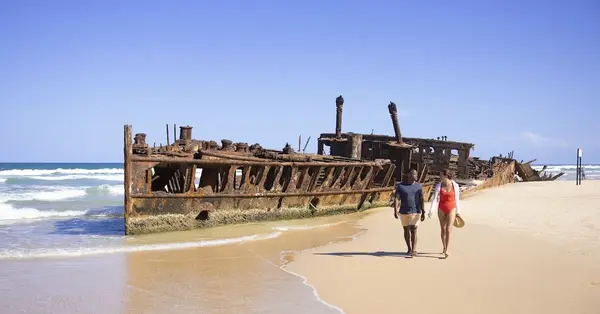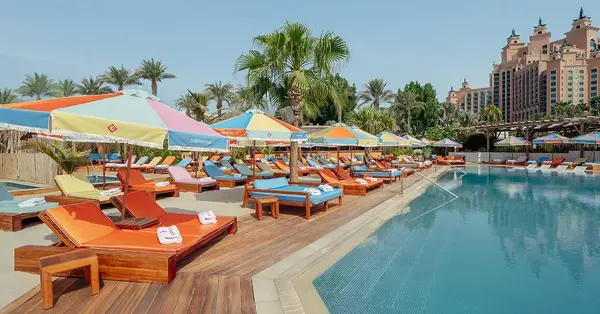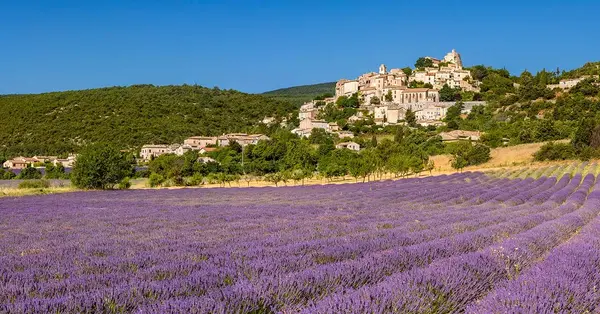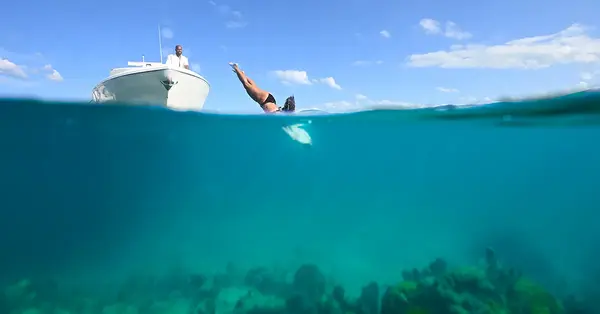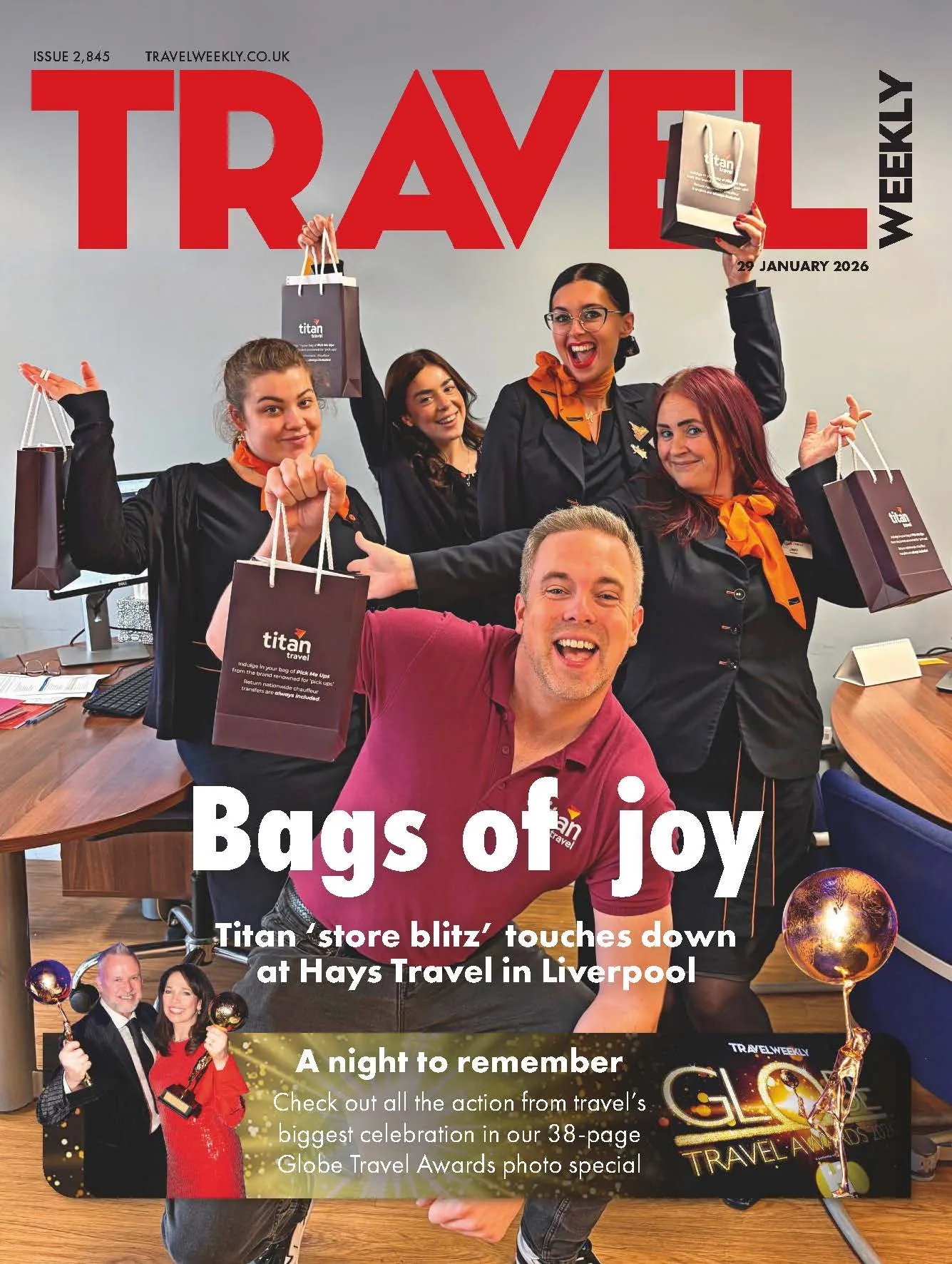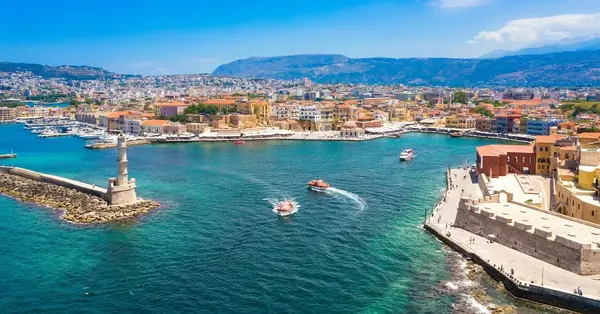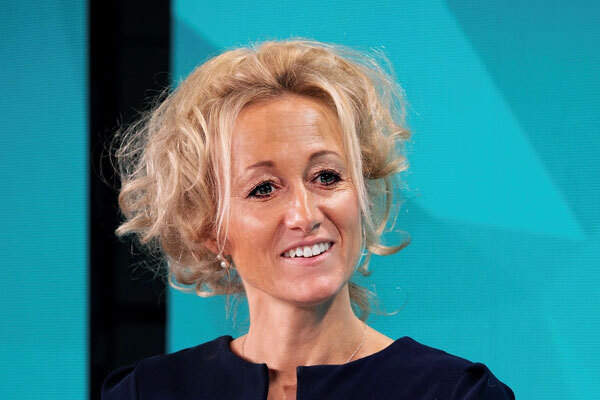Comment: Six key trends that could shape the luxury sector
The luxury travel market is a very lucrative one which continues to evolve to meet the changing preferences of travellers.
At If Only, we have spent a considerable amount of time analysing the latest trends to ensure we keep up with them and give our agent partners the best tools and support to service any enquiries. With this in mind, here are six key factors that we believe could shape the industry in the coming years.
1 Sustainable luxury
With customers’ increasing awareness of environmental issues, luxury clients are becoming increasingly conscious of the impact of their travel on the environment. This has led to a rise in sustainable luxury travel, which includes eco-friendly accommodation options, tours that promote environmental conservation, and other responsible travel practices. While our partners in the sky work towards achieving sustainable aviation fuel, it’s important that we all look at what we can do on the ground to make our businesses and our holidays as sustainable as possible. A recent Booking.com survey of more than 30,000 customers across 29 countries revealed that more than 75% of customers want to reduce their carbon footprint, showing this movement has never been more prevalent. As an industry, it is imperative that we do all we can to support it.
2 Digital detoxing
In a world that is increasingly connected, luxury travellers are looking for ways to disconnect and unwind when abroad to give themselves the mental break that we all need – especially after the draining pandemic. Most of us are always on our phones and feel we need to respond to emails or texts instantly. It is no wonder we have seen a rise in digital detox retreats, where guests are encouraged to put away their devices and focus on mindfulness and relaxation.
3 Immersive experiences
Luxury holidaymakers are looking for unique and authentic activities that allow them to connect with the culture and history of the destinations they visit. This has led to a rise in immersive experiences, such as cooking classes with local chefs, guided tours of historical sites and cultural exchanges with locals.
4 Personalised experiences
More consumers are willing to pay a premium for personalised experiences that cater to their specific preferences. Since the pandemic, we have seen a rise in bespoke travel itineraries, private tours and customised services that cater to their individual tastes, with more travellers wanting something a bit different.
5 Wellness travel
With an increasing focus on health and wellness, luxury travellers are looking for ways to integrate wellness into their travel experiences. This has led to a rise in wellness-focused luxury travel, which includes spa retreats, yoga and meditation retreats, and other wellness-oriented activities. Whether customers are looking to improve their sleep, lose weight or simply return home feeling rejuvenated, these wellbeing escapes boast state-of-the-art facilities, amazing dining options and personalised service, and many are in some of the world’s most beautiful locations.
6 Changing preferences
While now is clearly an exciting time for the luxury travel market, the sector is facing challenges as consumer preferences evolve. For example, younger generations are more interested in experiential travel and seeking unique and authentic experiences. Luxury travel companies must adapt to these changing preferences to remain relevant, whether that’s through the use of social media, blogs or video – and no doubt AI technology too in the near future.
So, there are lots of things to consider, but one of the many things I love about our industry is the way in which those in it are able to adapt, change and embrace new things when required. And it’s great to be able to say no two days are ever the same.





